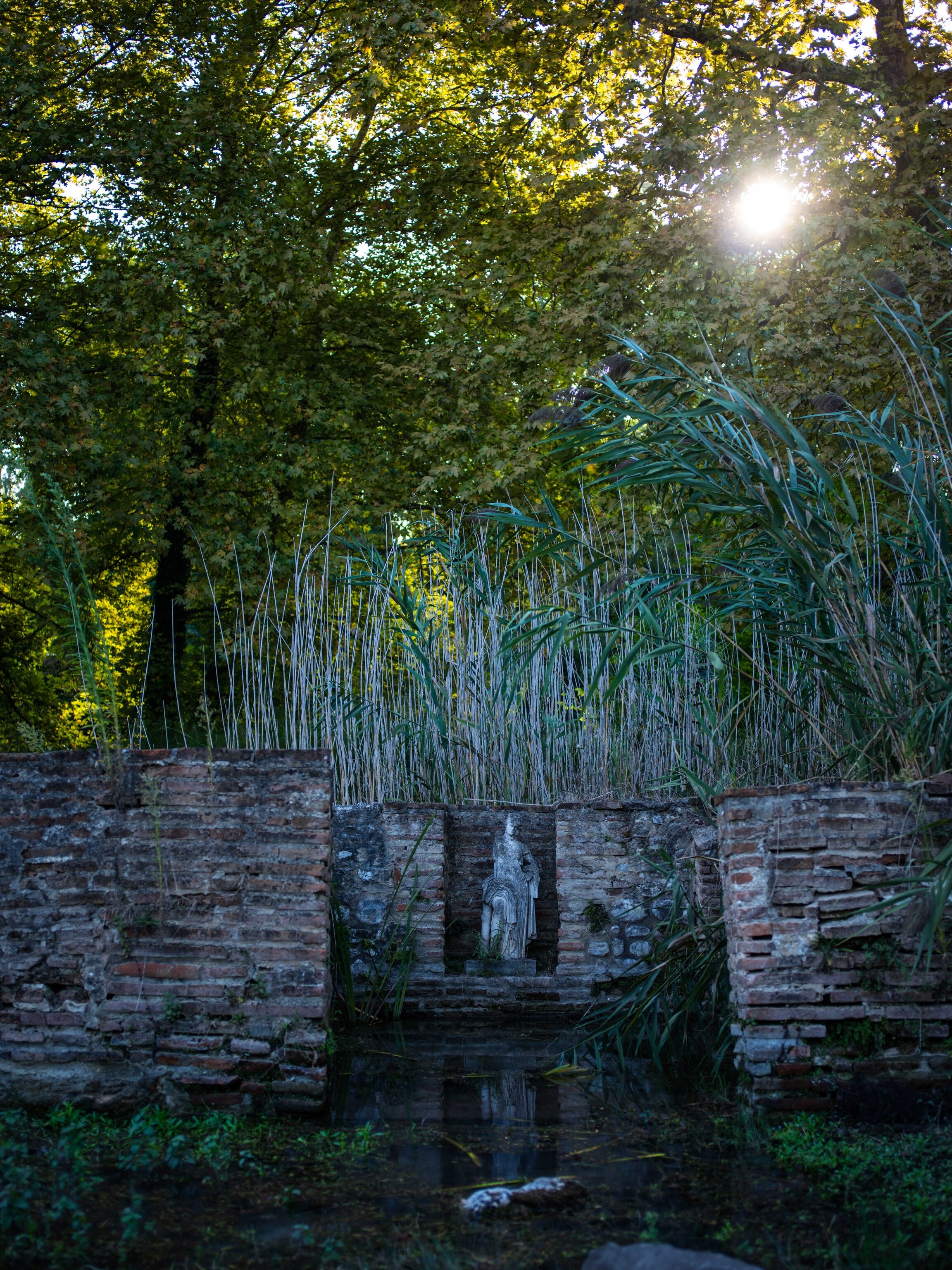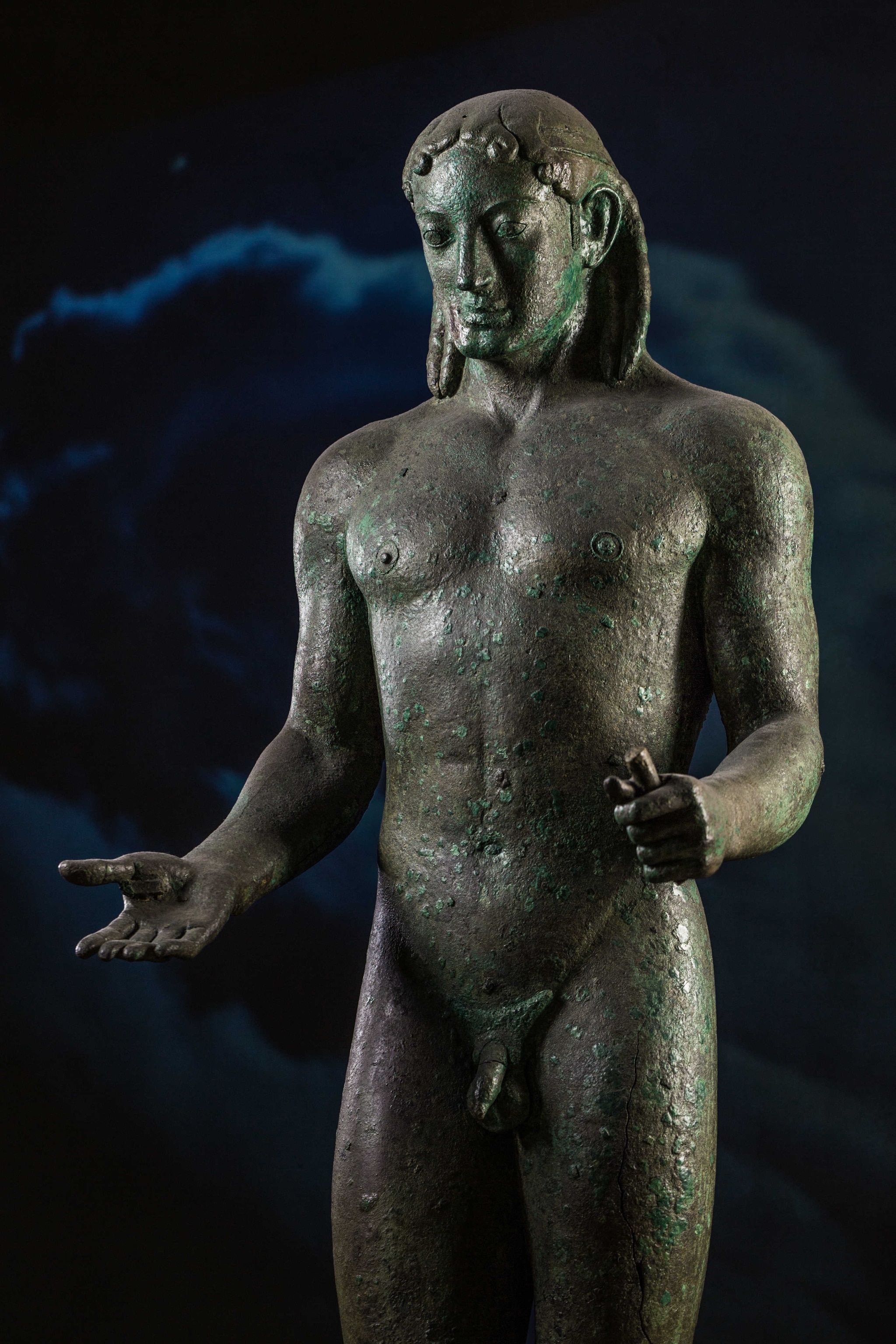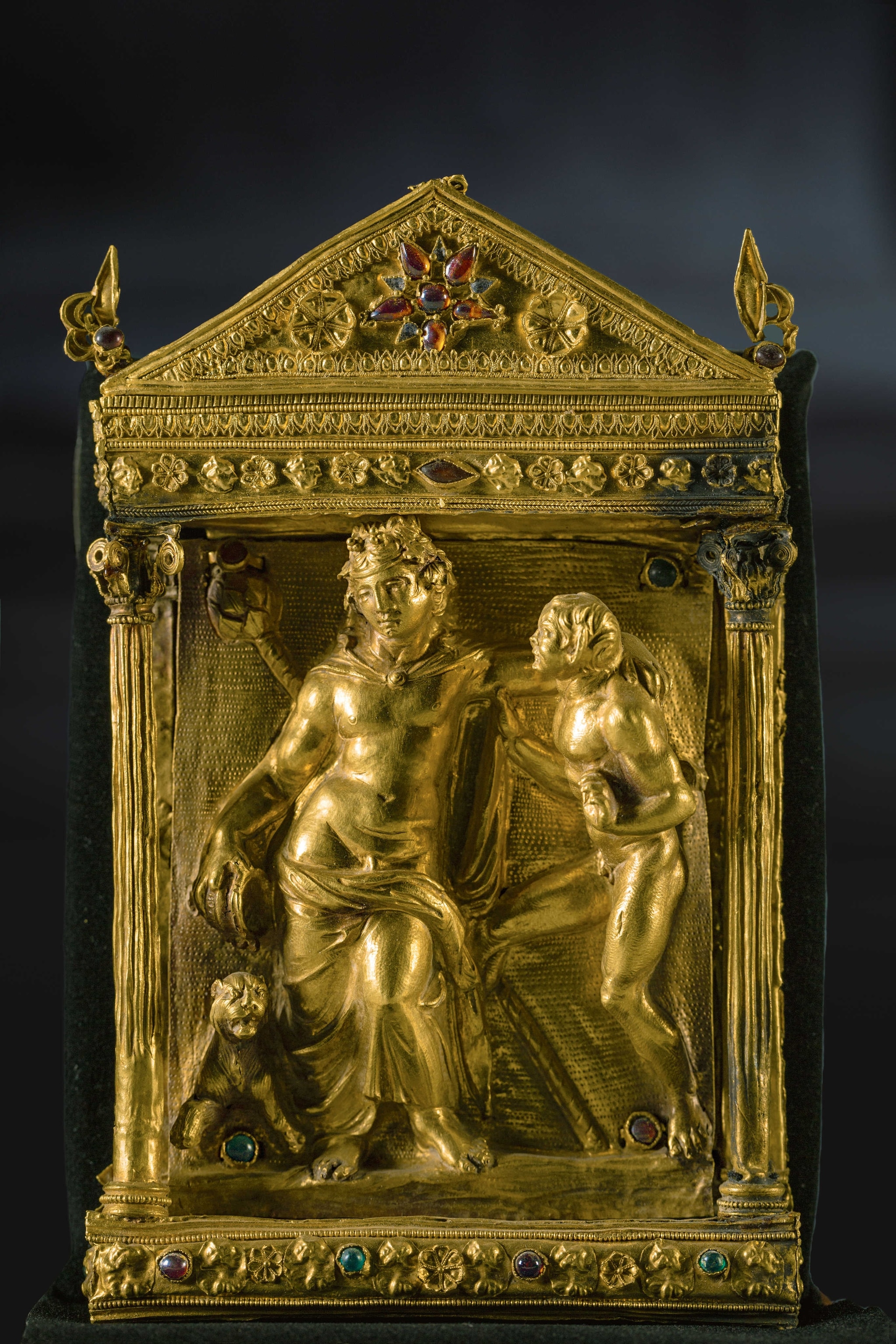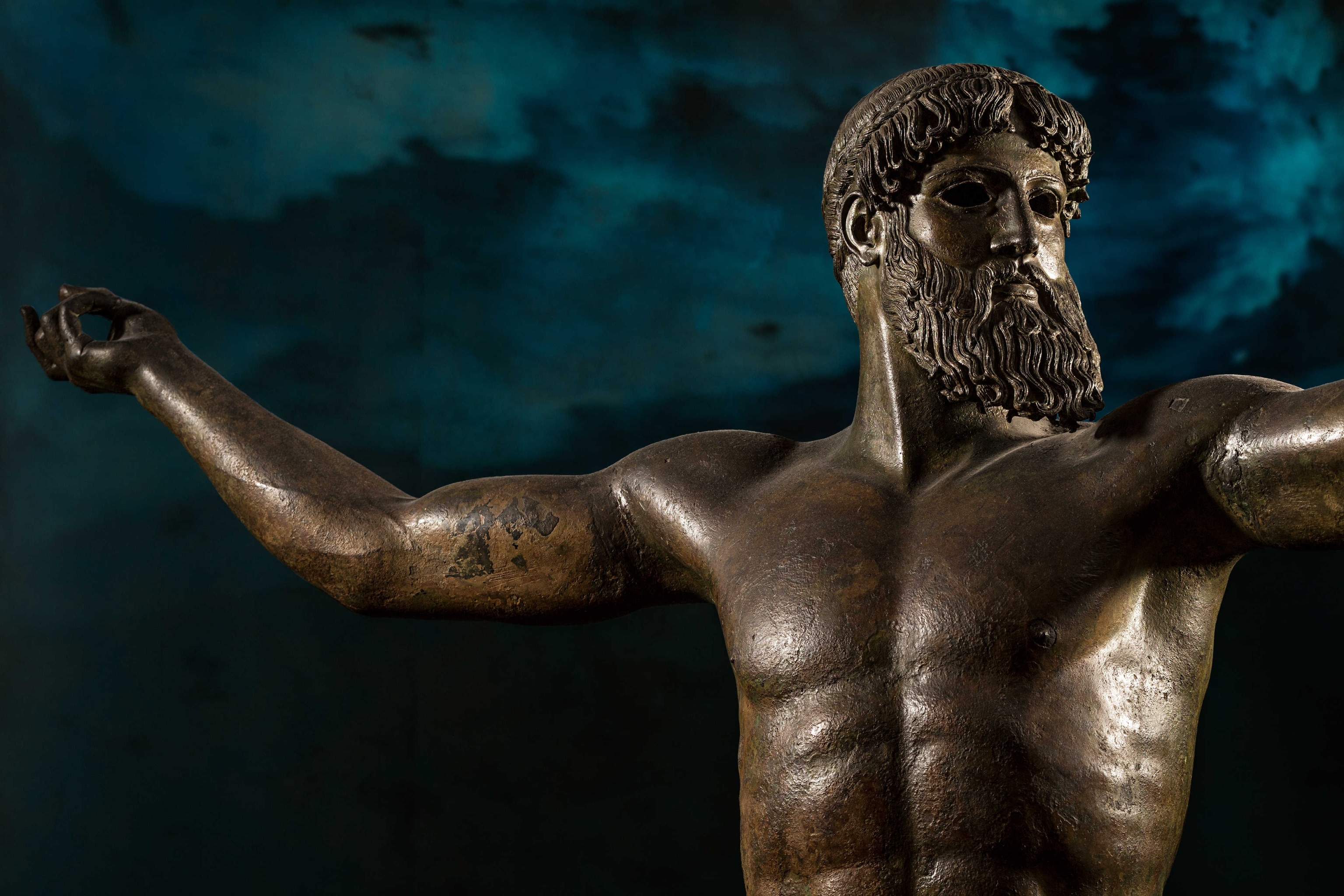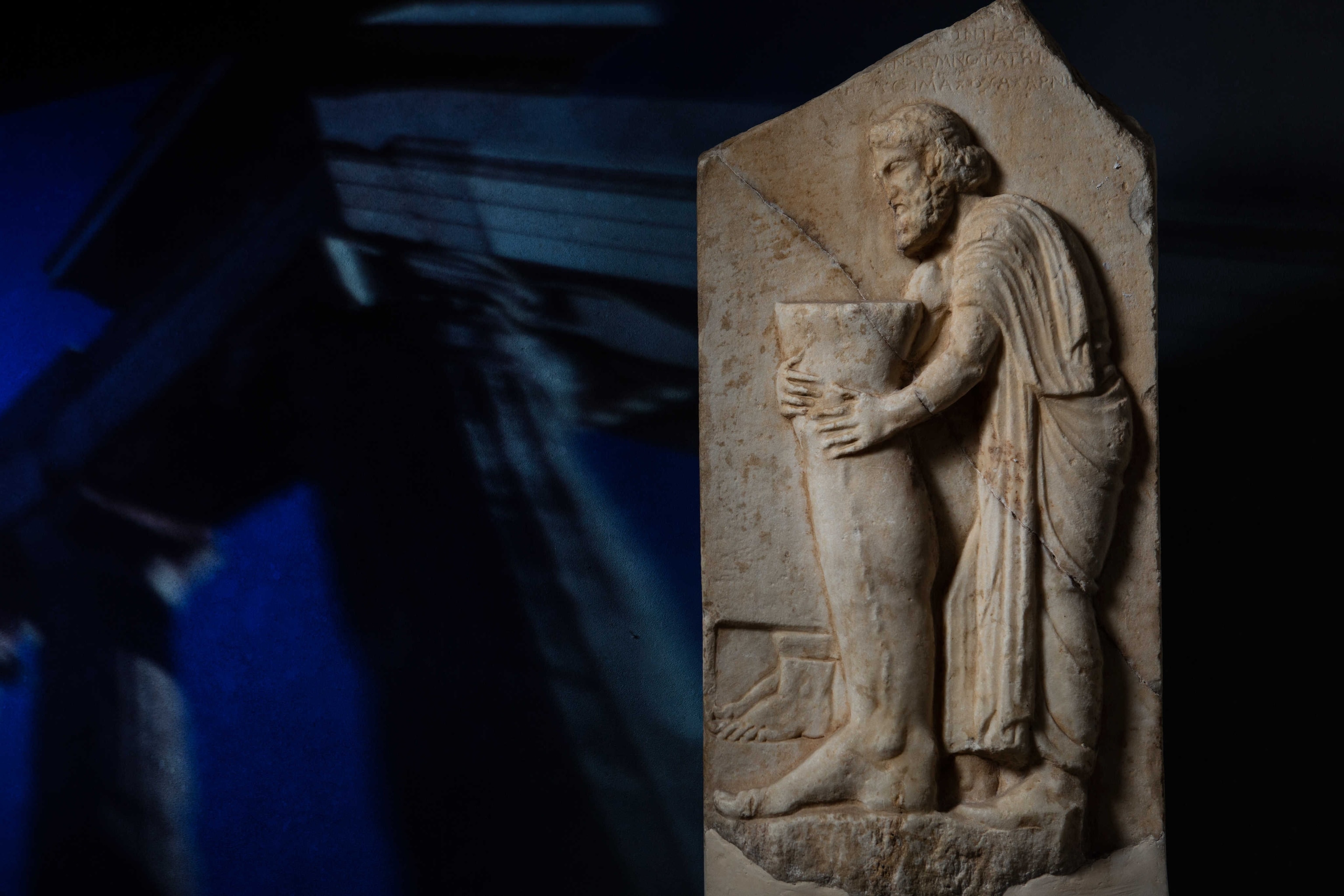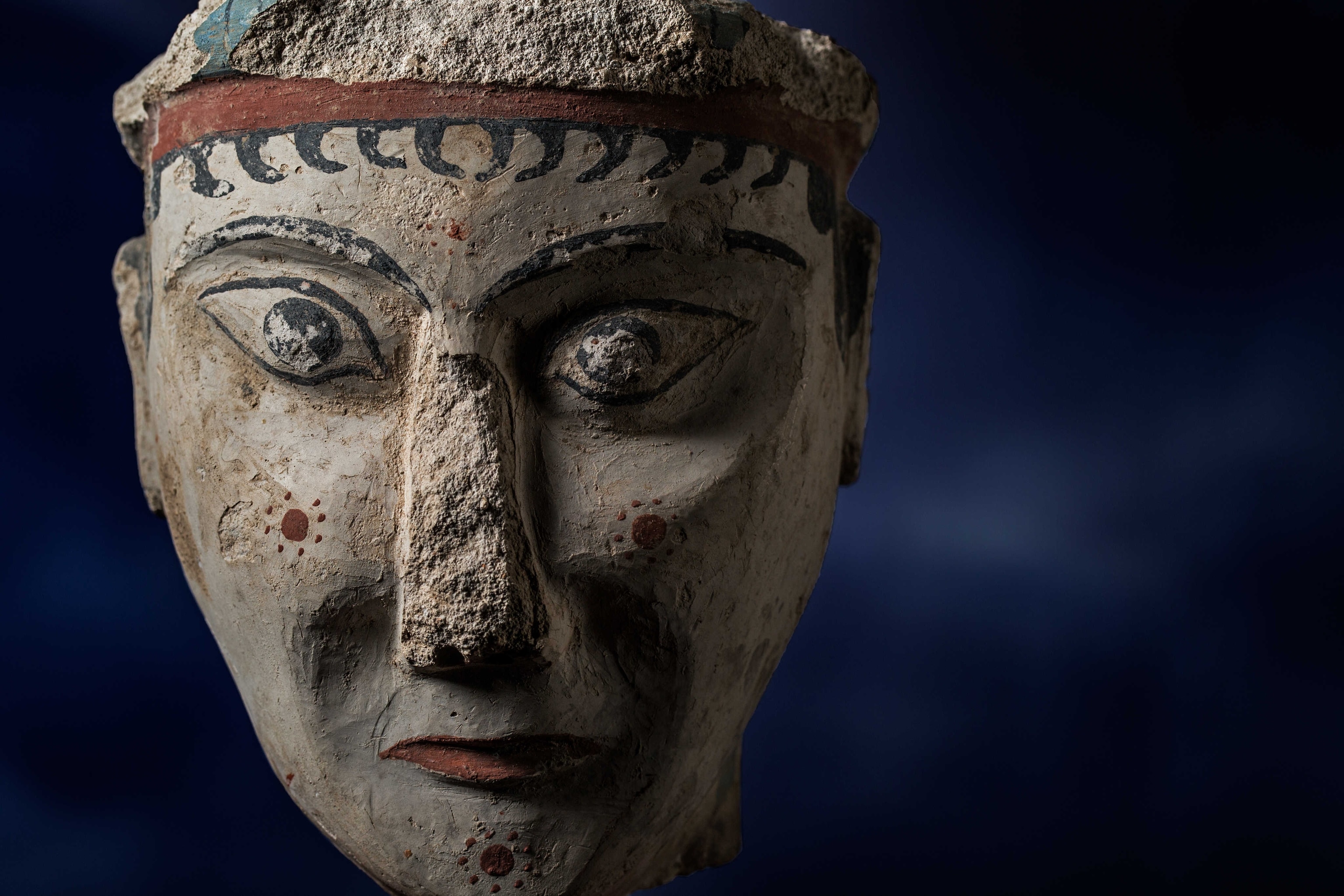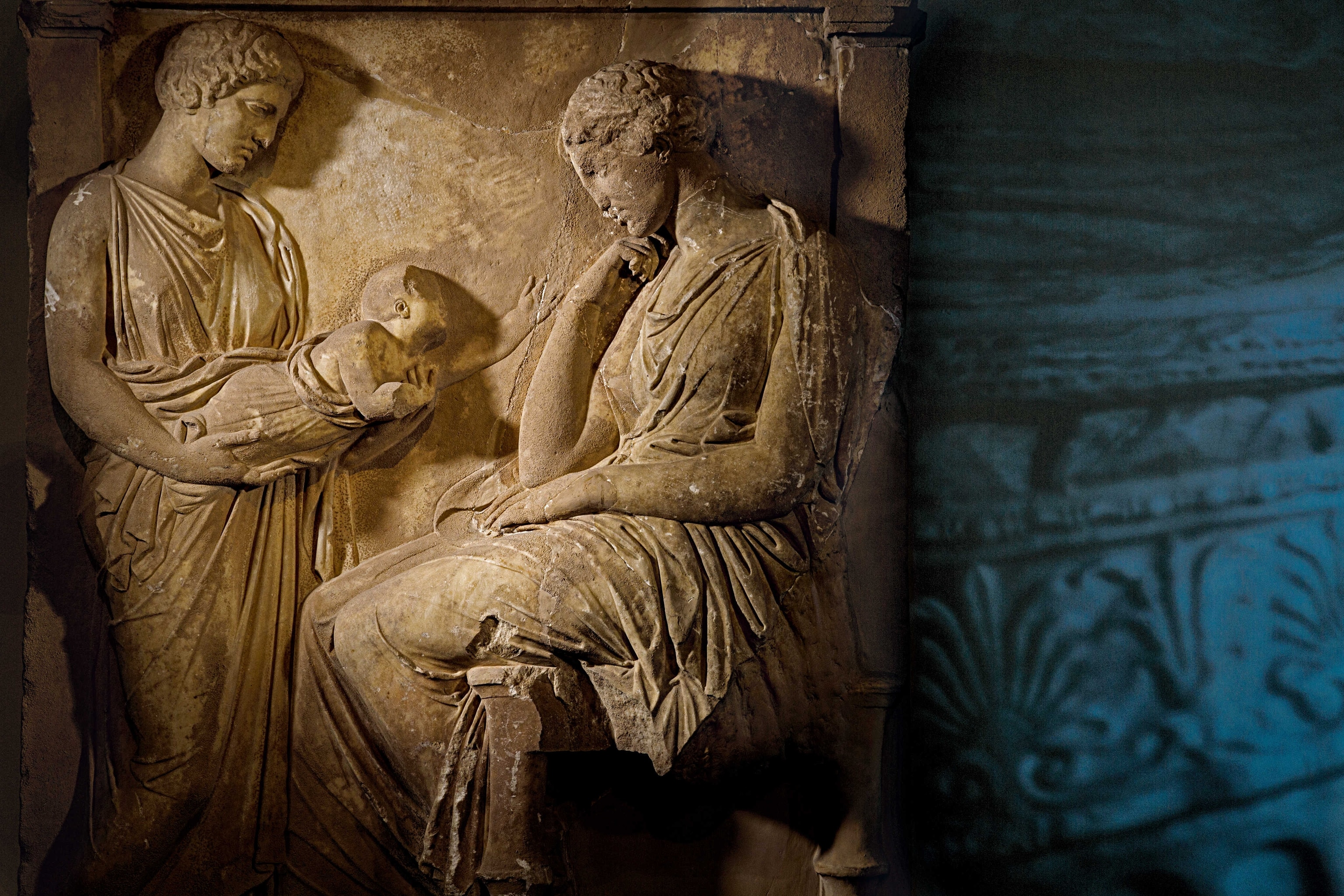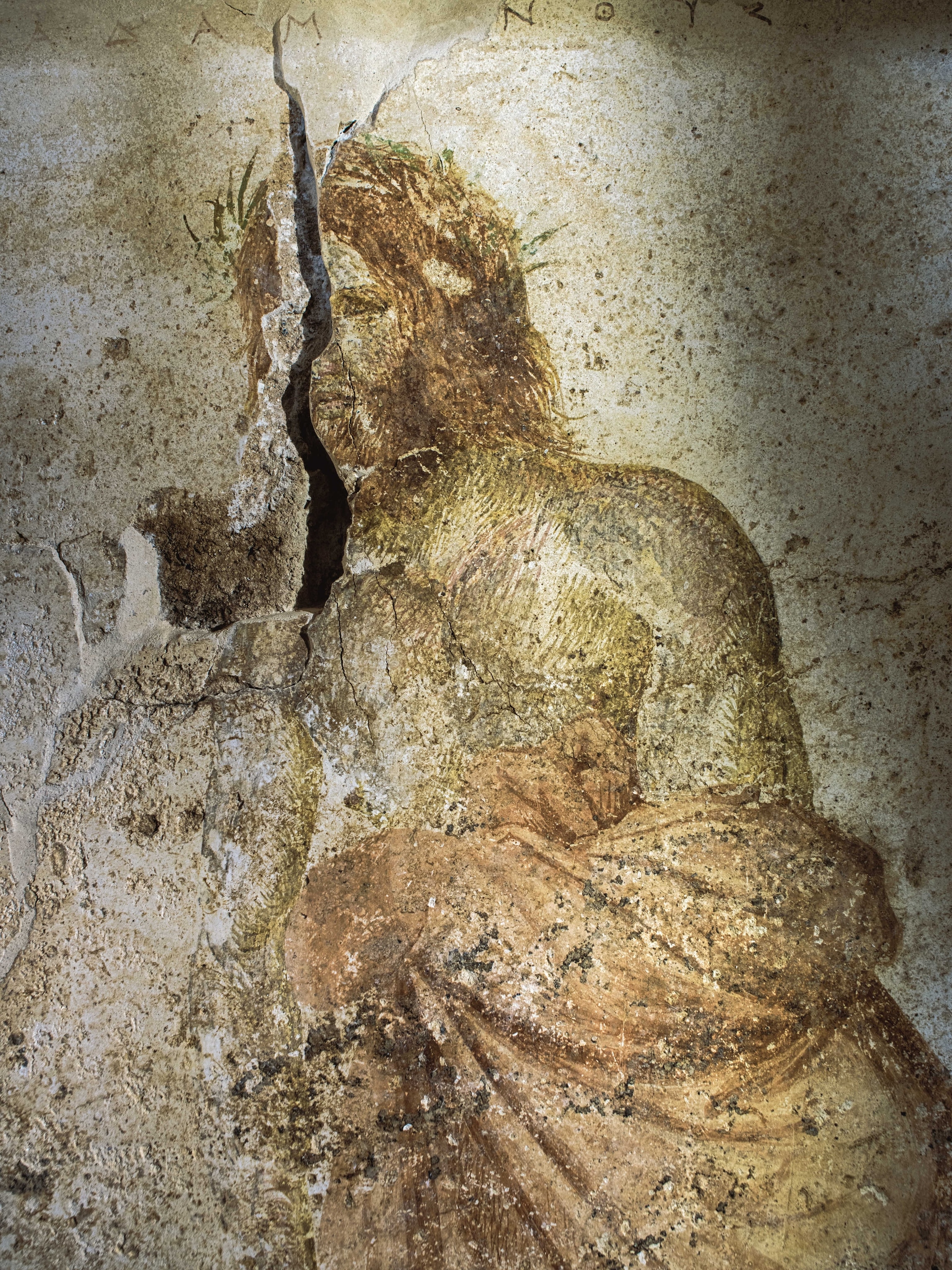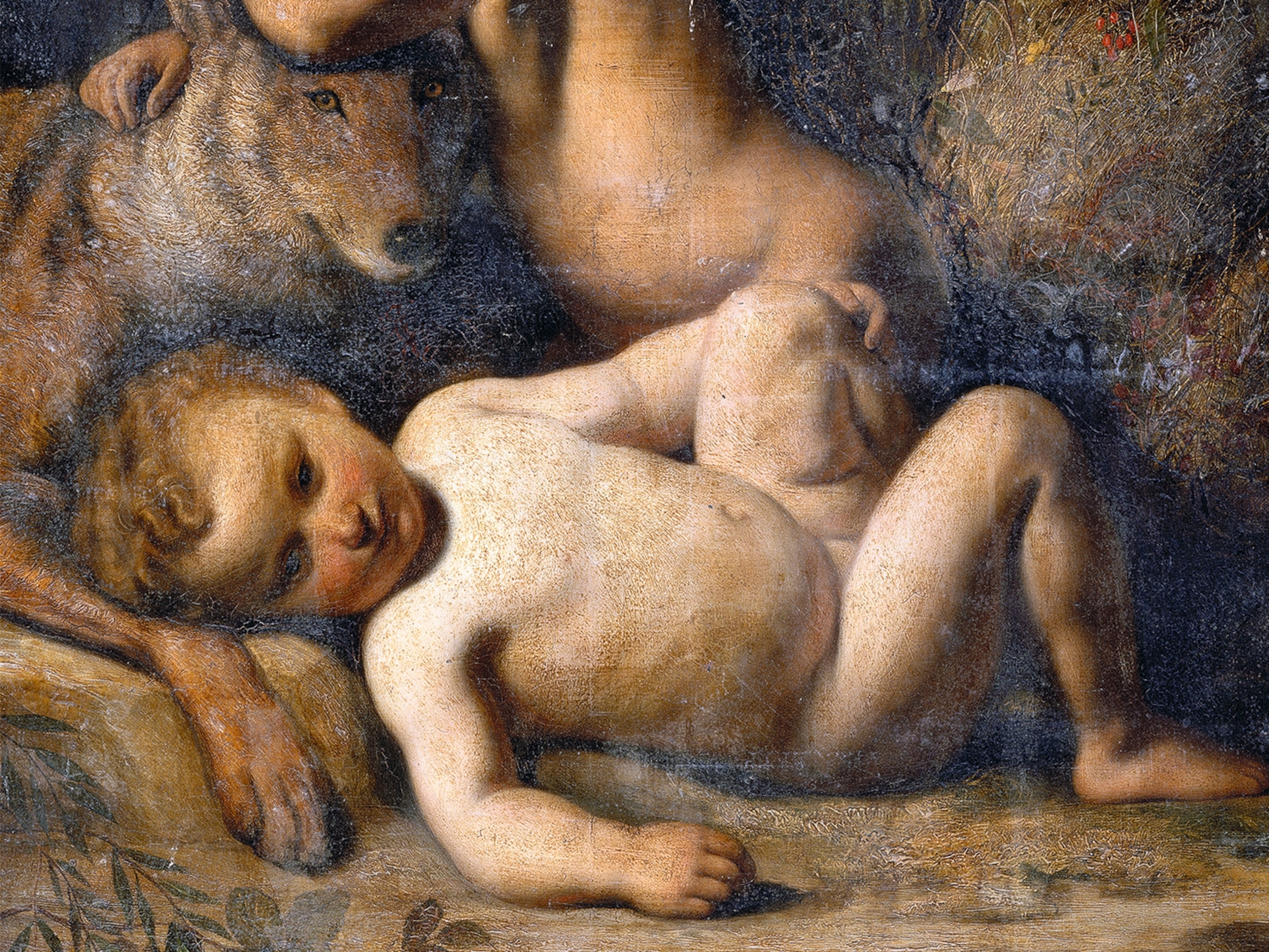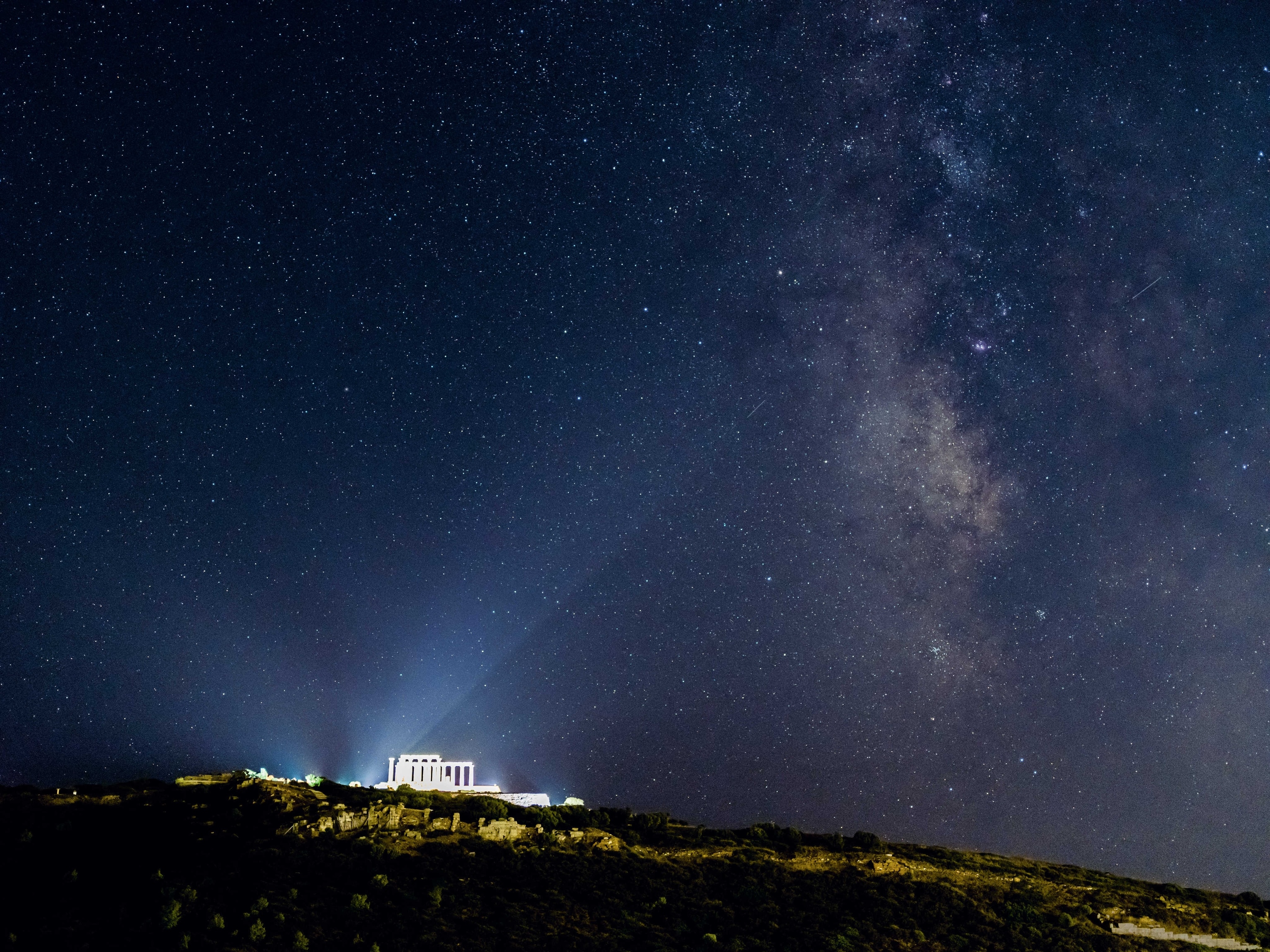
How the Greeks Changed the Idea of the Afterlife
Their secret cults help shape the way we think of what happens after death.
People prayed to these gods for the same reasons we pray today: for health and safety, for prosperity, for a good harvest, for safety at sea. Mostly they prayed as communities, and through offerings and sacrifice they sought to please the inscrutable deities who they believed controlled their lives.
But what happens after death? In this, the ancients looked to Hades, god of the underworld, brother of Zeus and Poseidon. But Hades gave no reassurance. Wrapped in misty darkness, cut by the dread River Styx, the realm of Hades (“the unseen”) was, the poet Homer tells us, a place of “moldering horror” where ordinary people—and even heroes—went after they died.
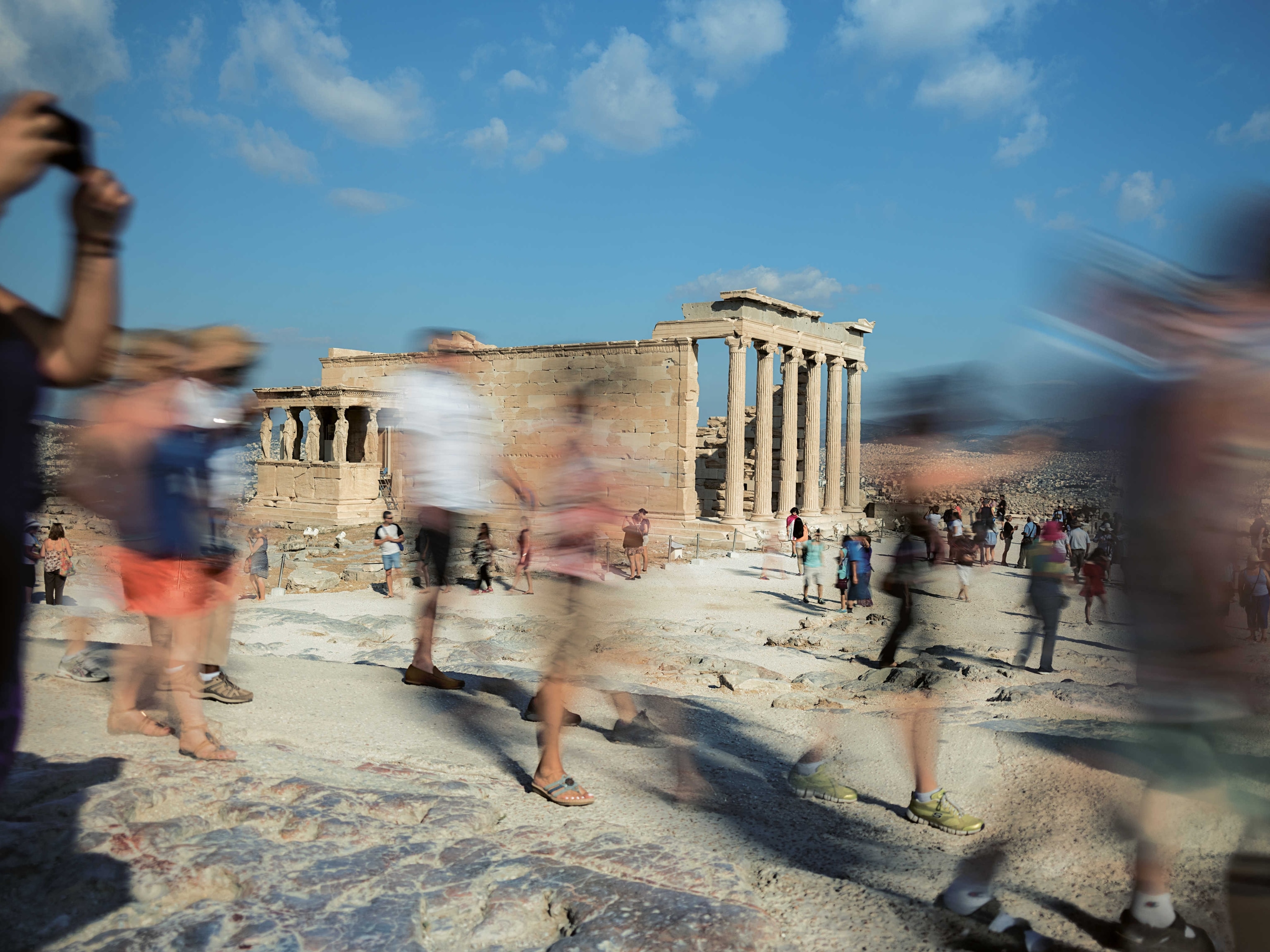
Sympathetic interest in the human condition eventually led the Greeks to adopt new forms of religion and new cults. No longer seen as a joyless fate, the afterlife became more of a personal quest. Mystery cults, shrouded in secrecy, promised guidance for what would come after death. The mystery rites were intensely emotional and staged like elaborate theater. Those of the great gods on the Greek island of Samothrace took place at night, with flickering torch fire pointing the way for initiates. Guarded on pain of death, the rituals remain mysterious to this day.
By the fourth century B.C., cults had emerged that claimed to offer purification by cleansing initiates of the stain of humanity. The foundations for new religions were falling into place. And when Christianity swept the ancient world, it carried with it, along with guidance from a single deity, remnants of the old beliefs: the washing away of human corruption through mystic rites, the different fates awaiting the initiated and uninitiated, and the reverence for sacred texts.
Moods of the Gods
As described by Homer, the gods and goddesses who ruled from Olympus possessed human traits such as lust, petulance, jealousy, and dishonesty. They also had a superhuman advantage: immortality.
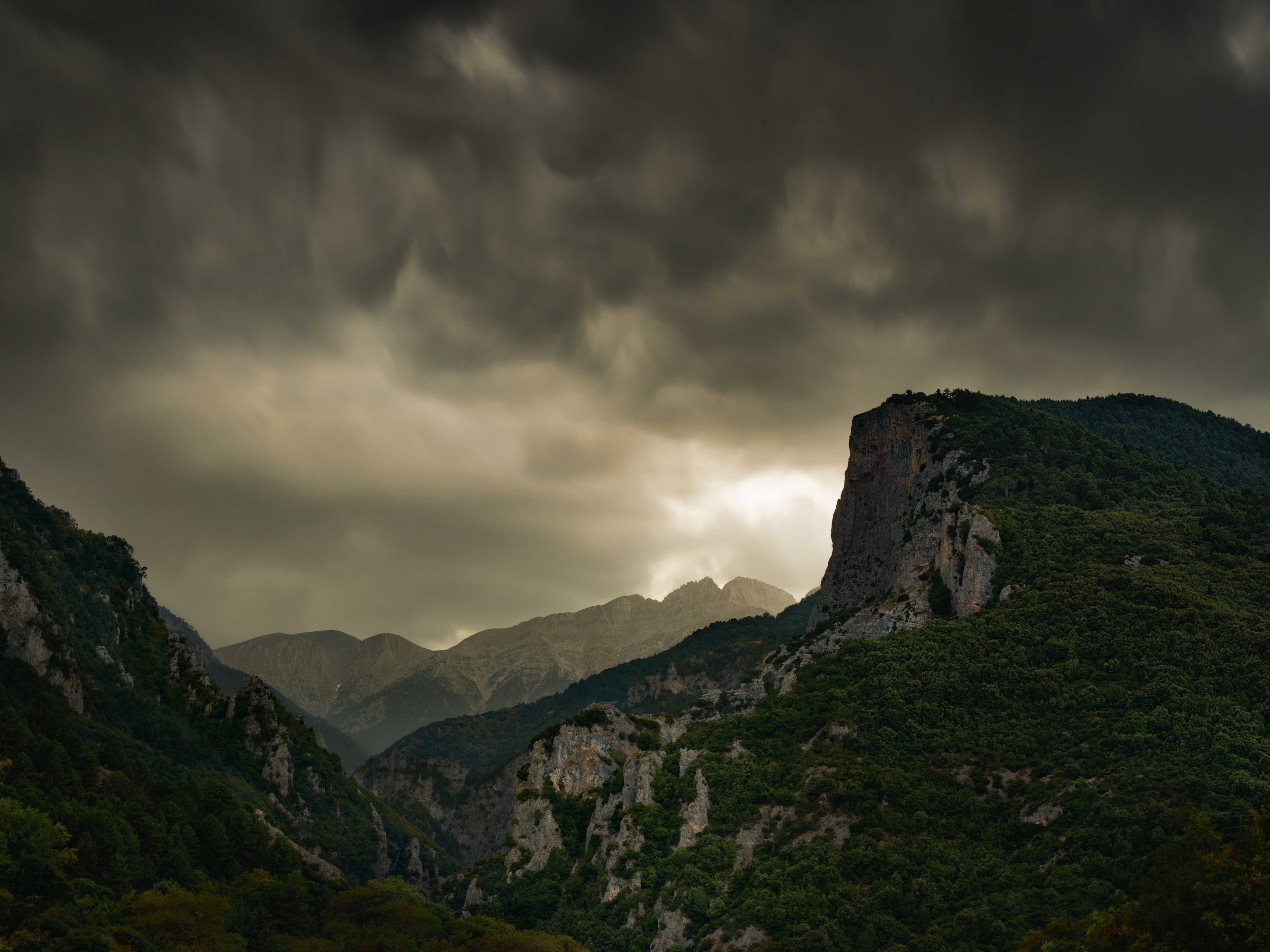
Signs From Above
Greeks seeking guidance saw oracles as a direct line of communication with the divine. The gods’ answers to their questions came in different ways—obscure riddles, omens in the form of birds or lightning, even the rustle of leaves.

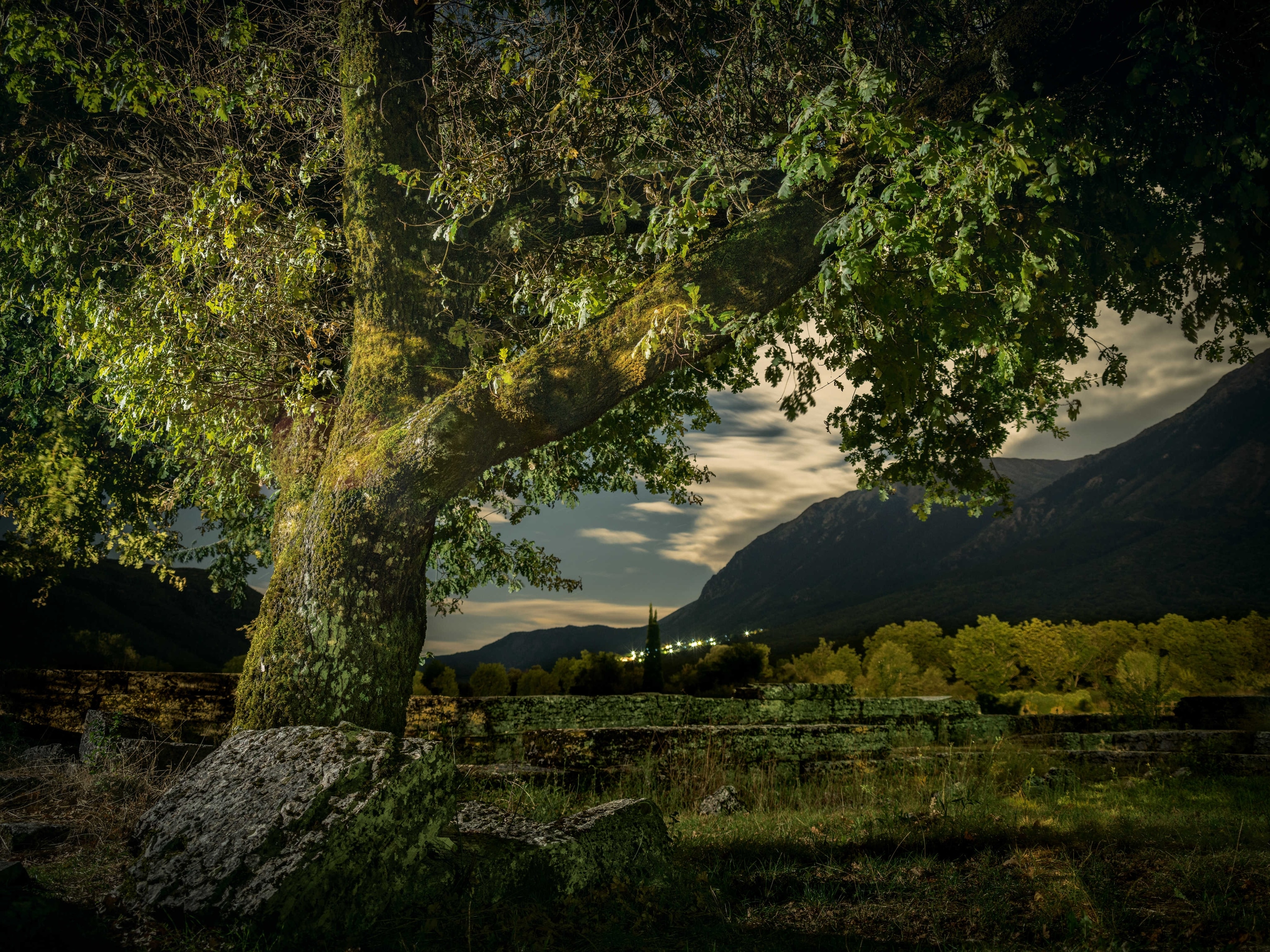
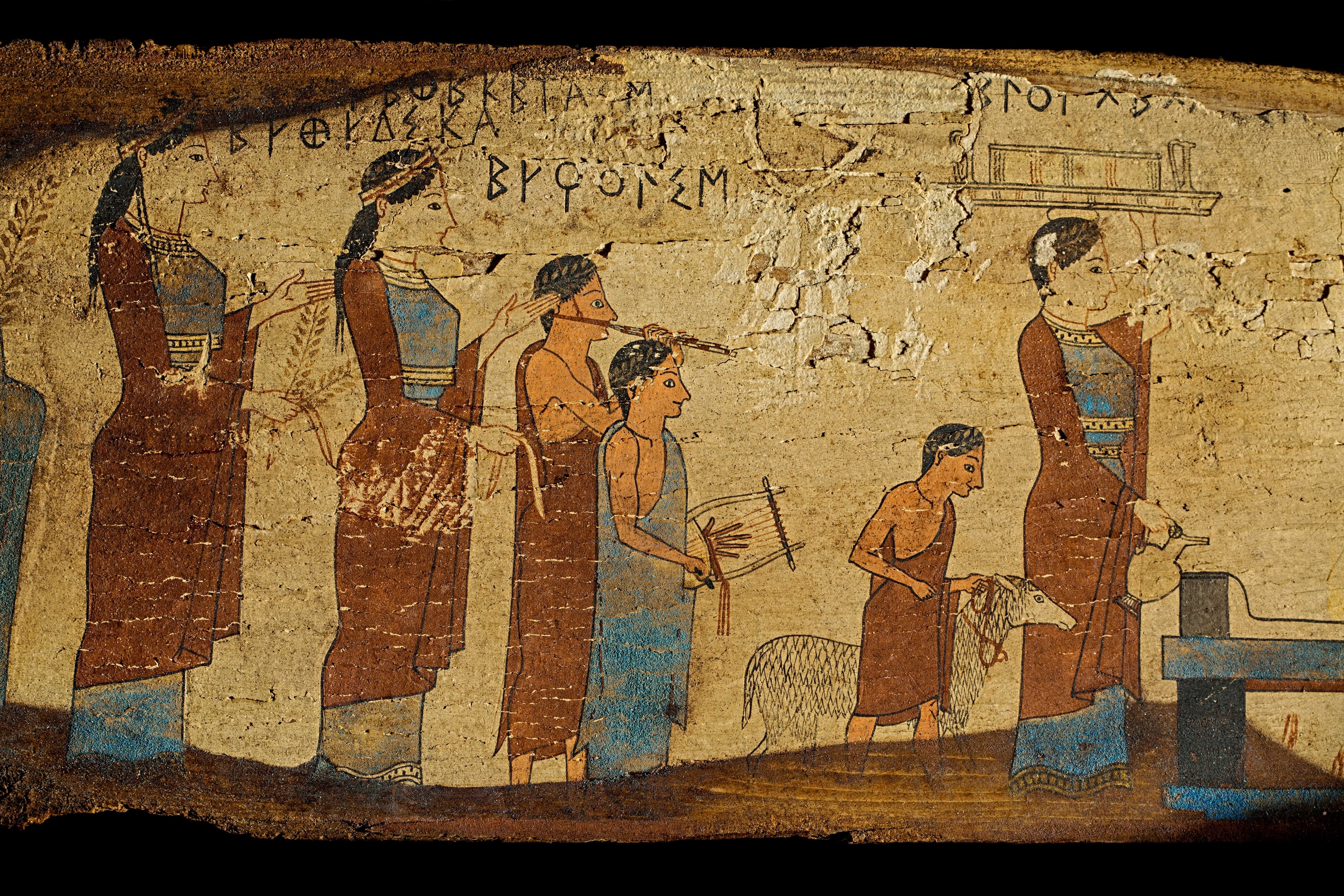
Public Worship
Shared religious rites united ancient Greek villages and regions. Worship intially was communal, but as people sought meaning in life and hope for an afterlife, they were drawn to cults that stressed a more individual relationship with the divine.
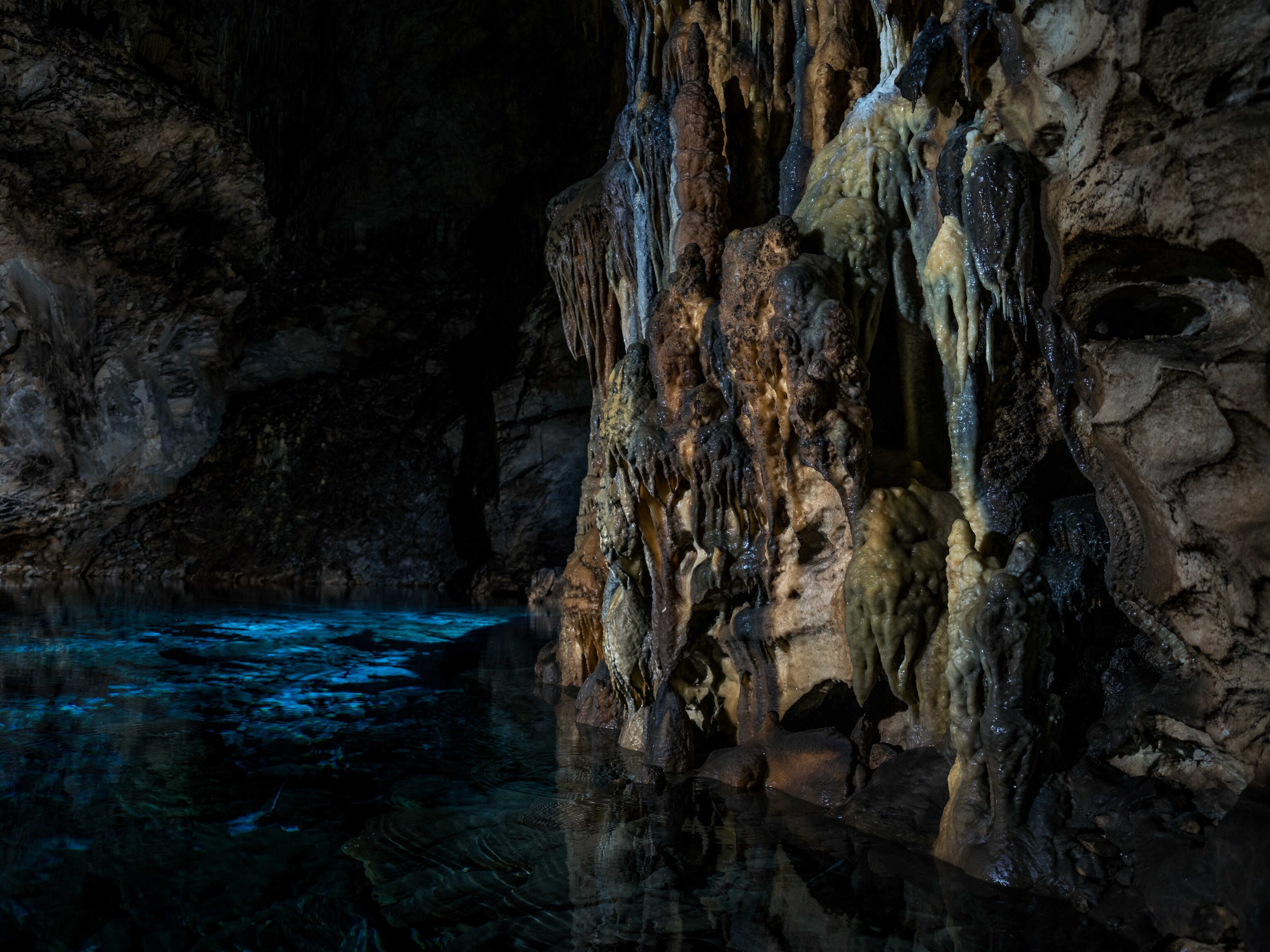
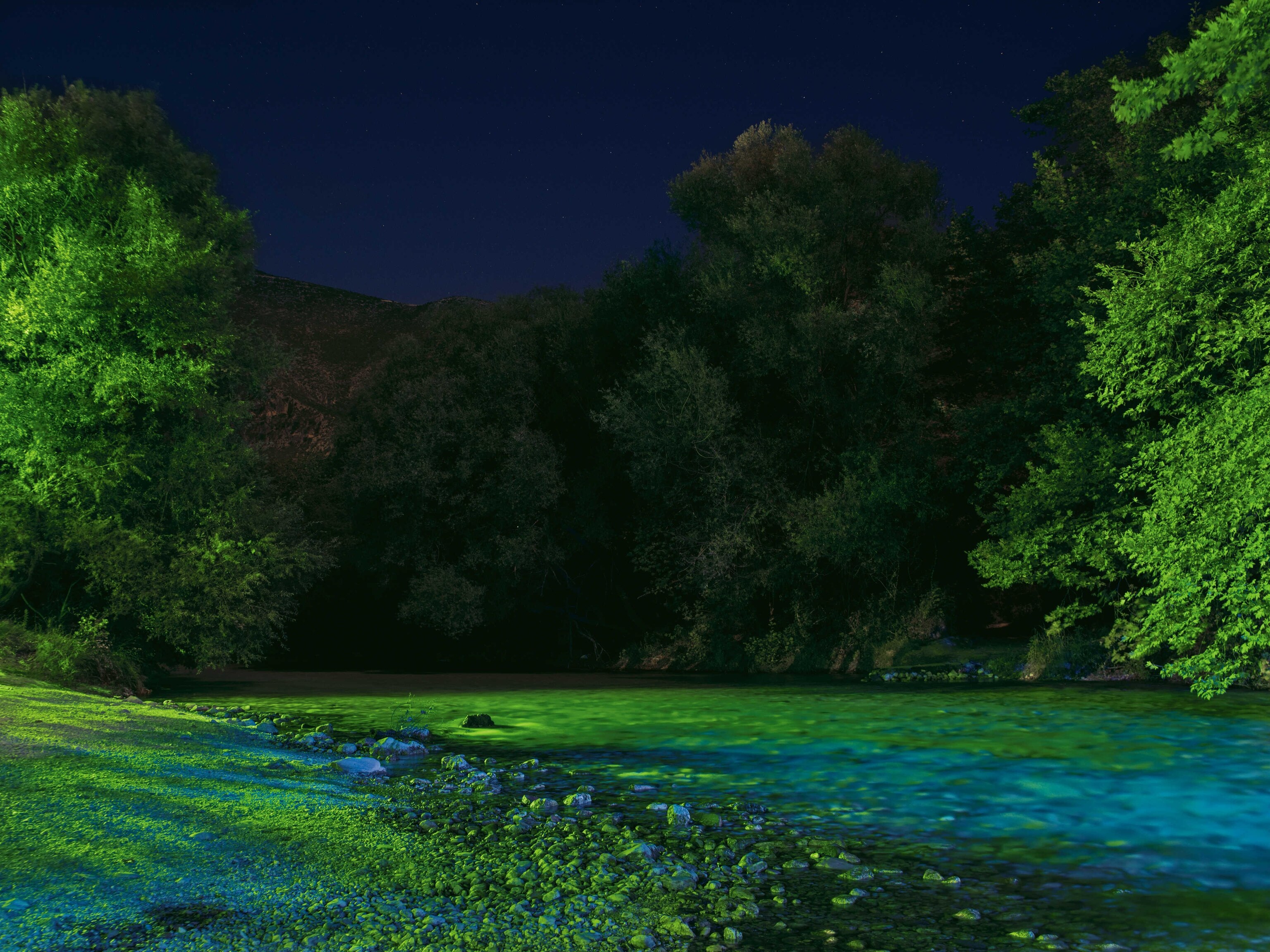
Power of the Dead
Believing that the dead could exert bad or good influence from the afterlife, ancient Greeks sought their ancestors’ favor with honors and offerings. Many also believed that their own fate after death was directly related to their initiation into the right cults.
Which is better, life or the afterlife? In Homer’s Odyssey, the slain hero Achilles answers from the underworld: “I would rather serve as laborer to a serf, to a landless man who has no great livelihood, than rule all the perished dead.”
